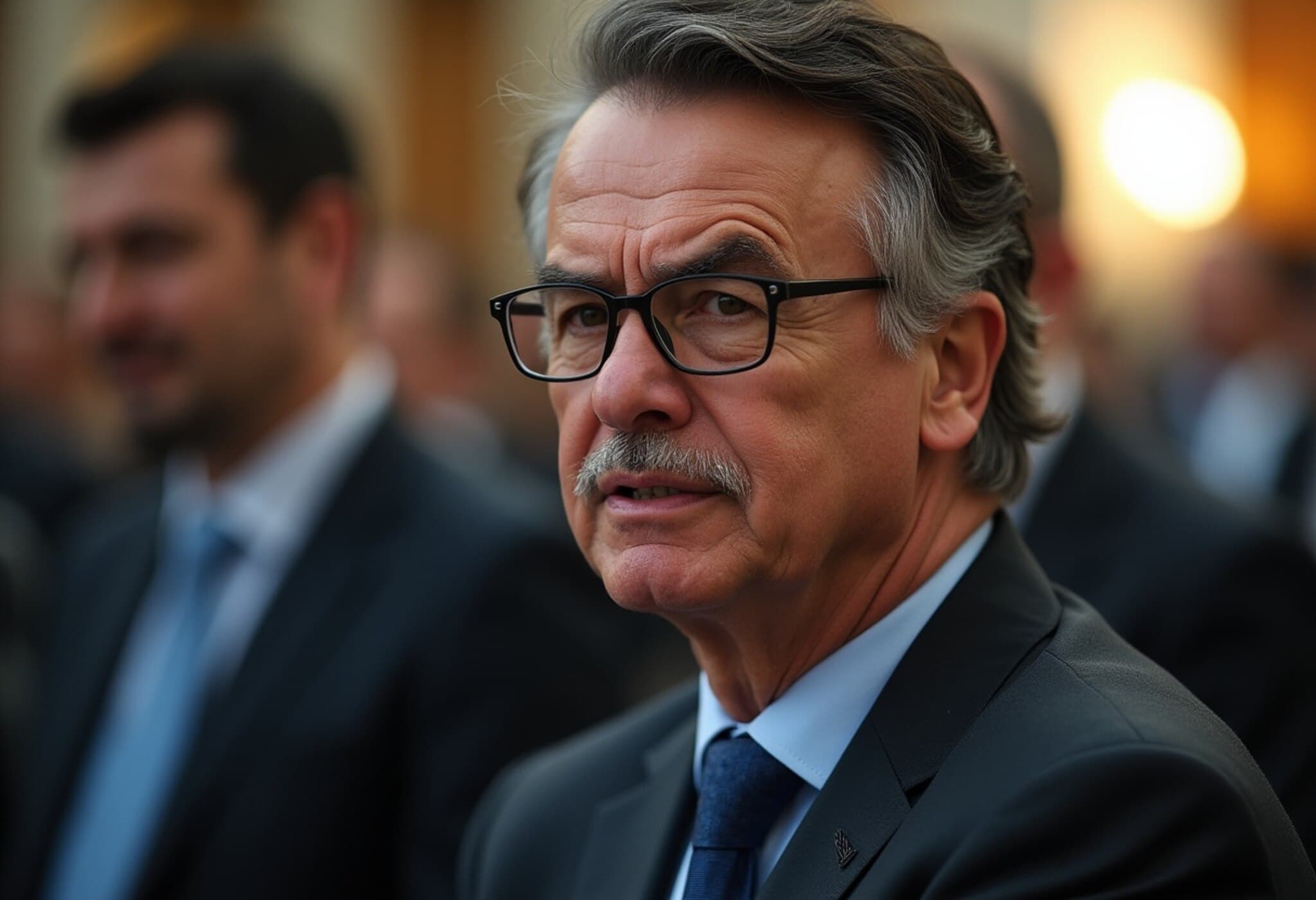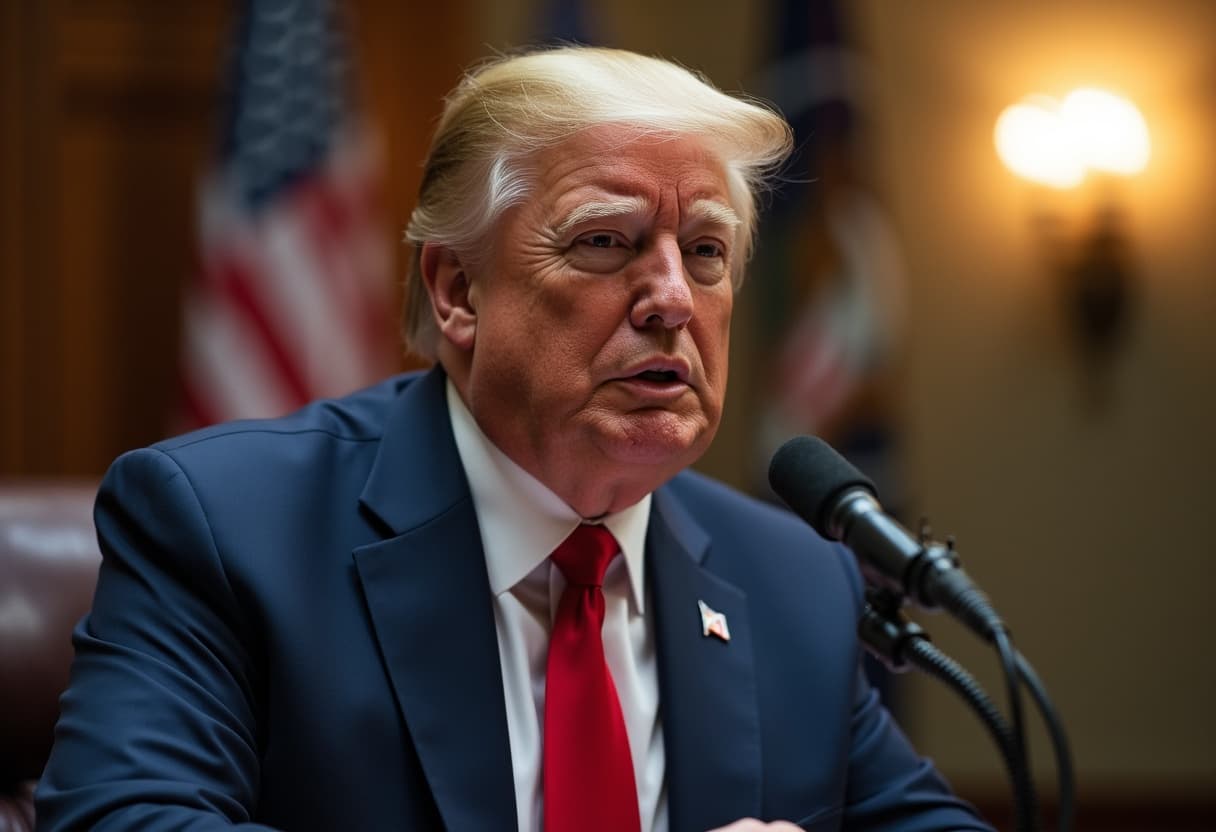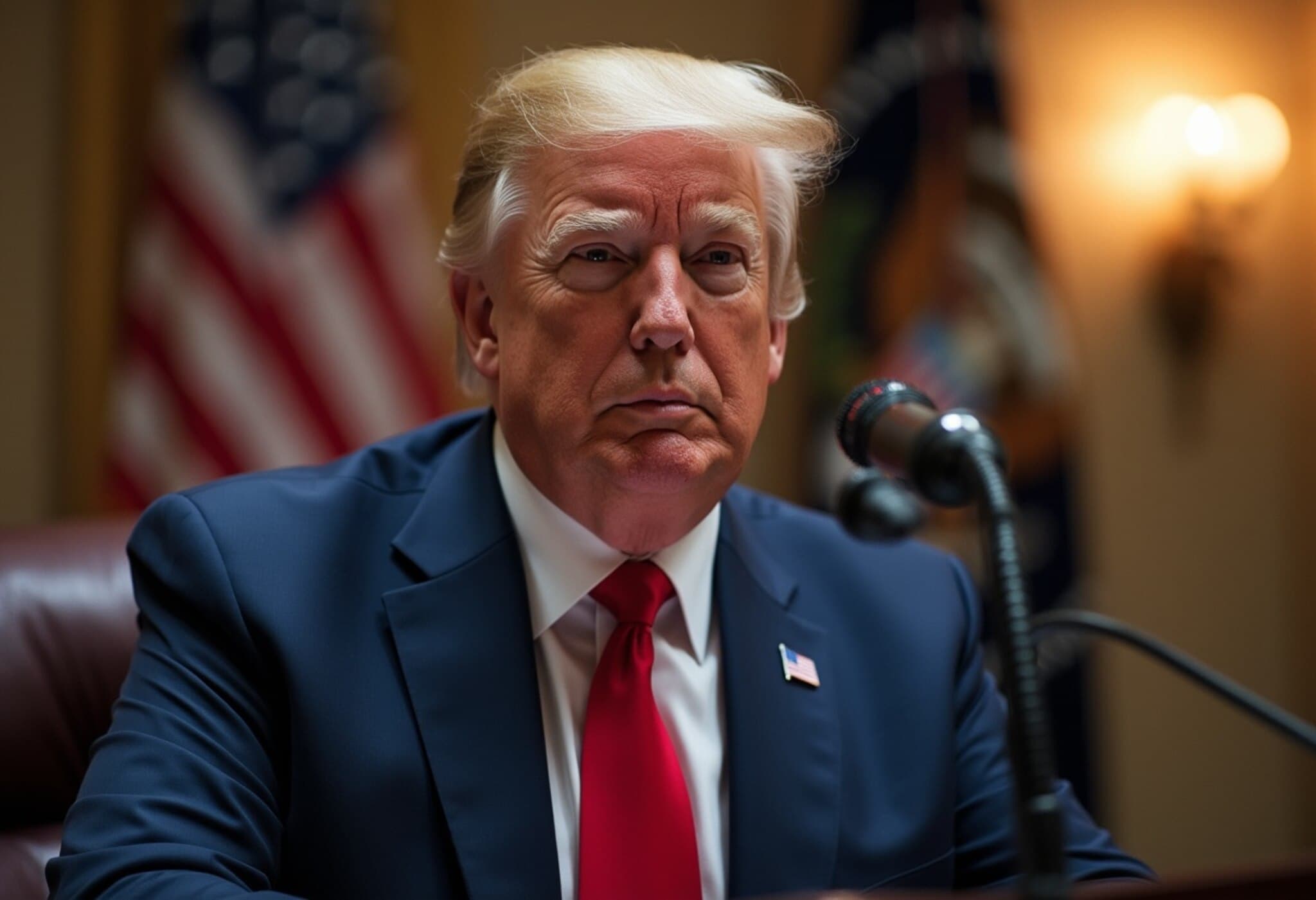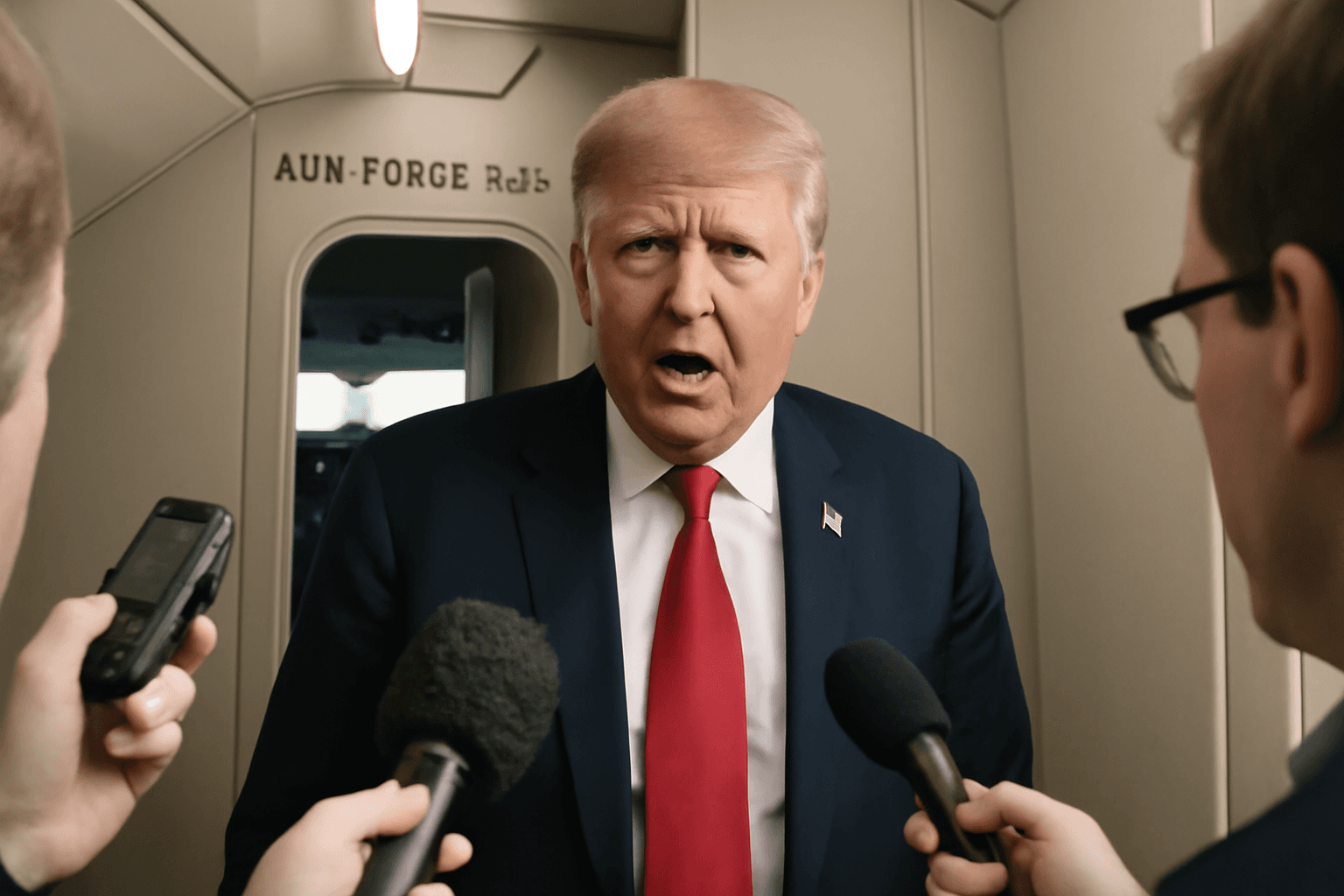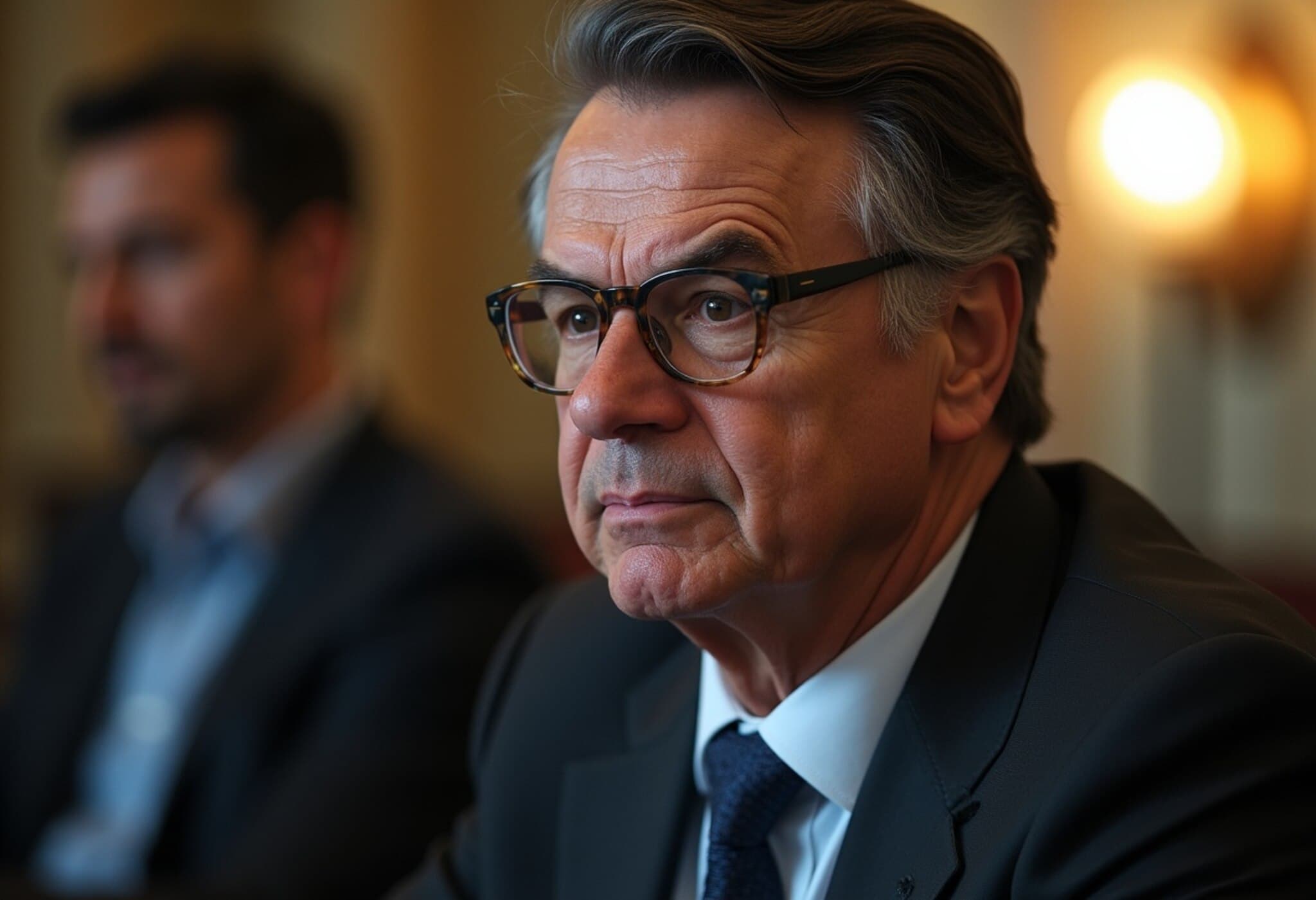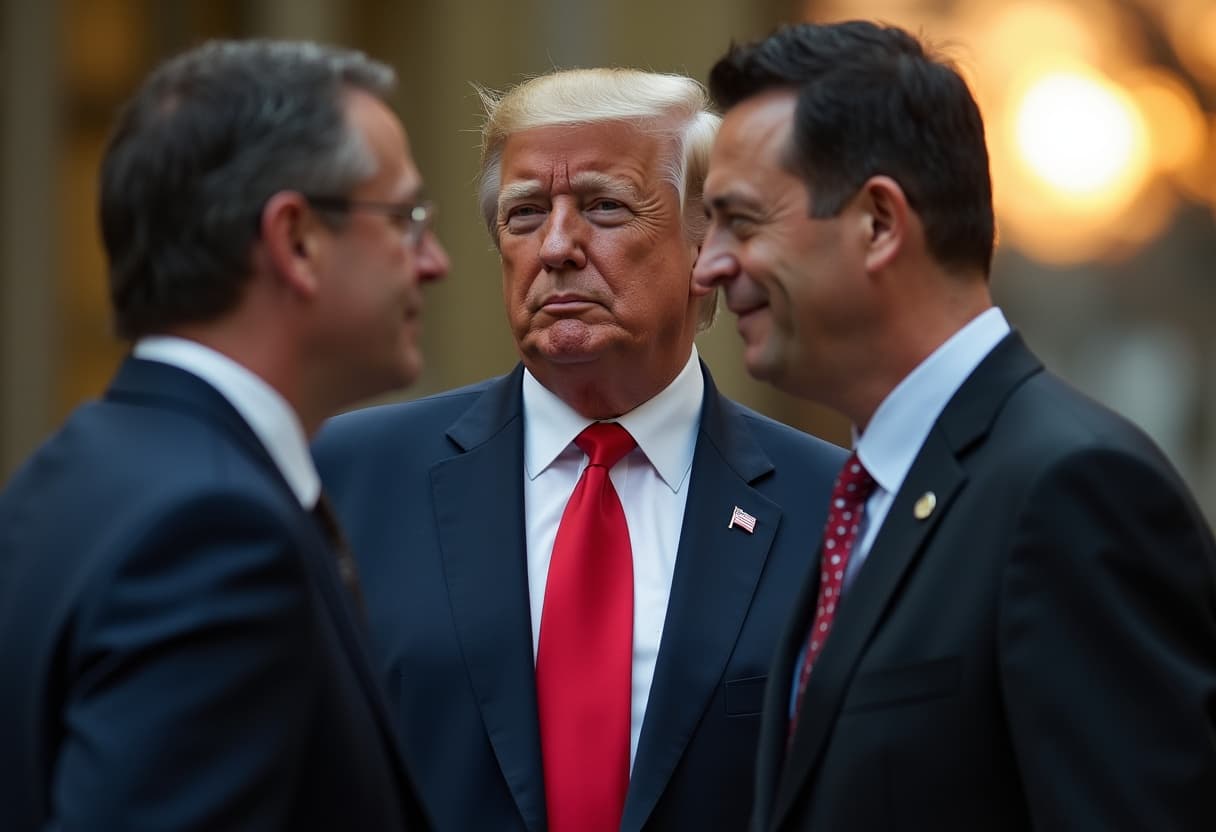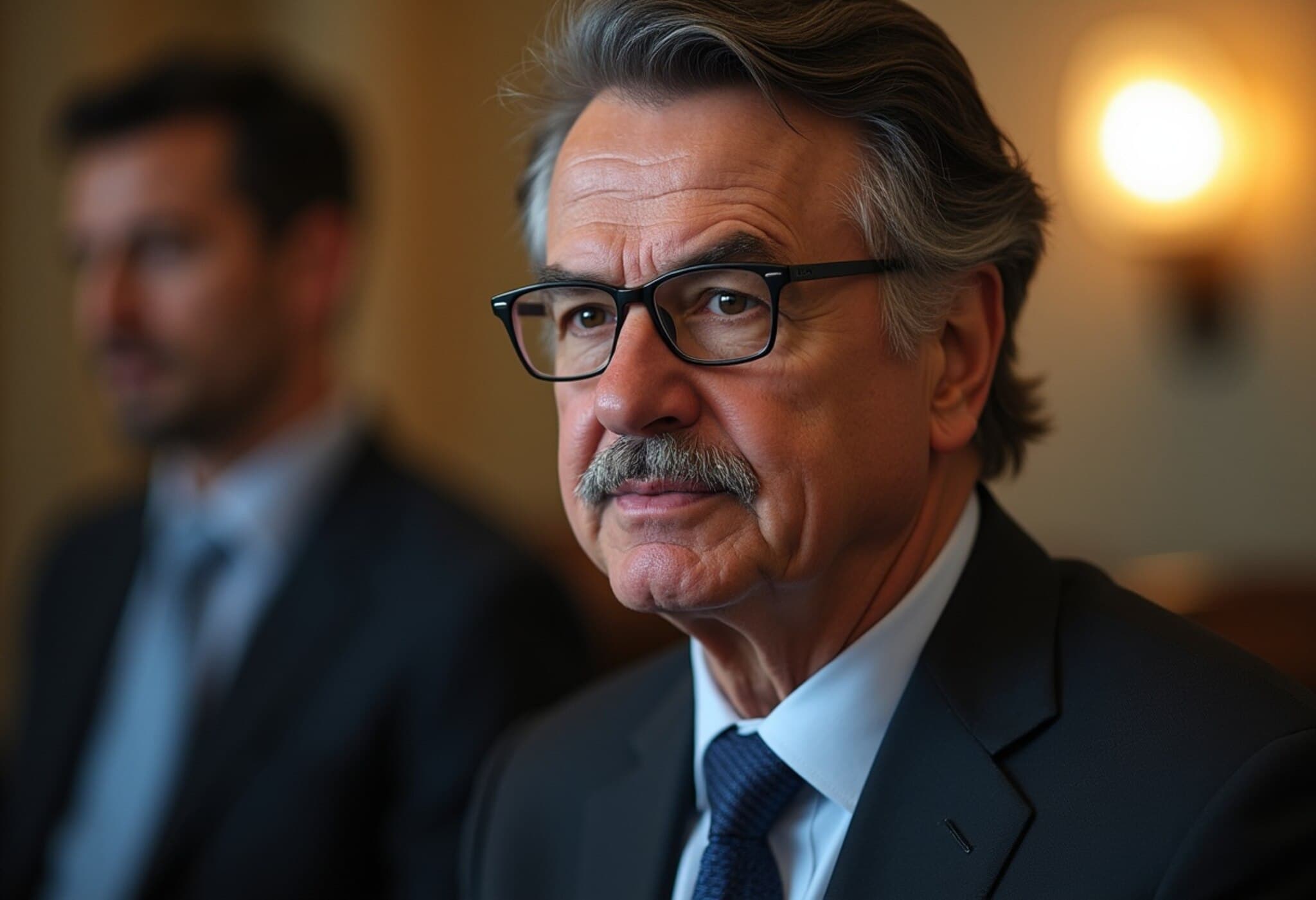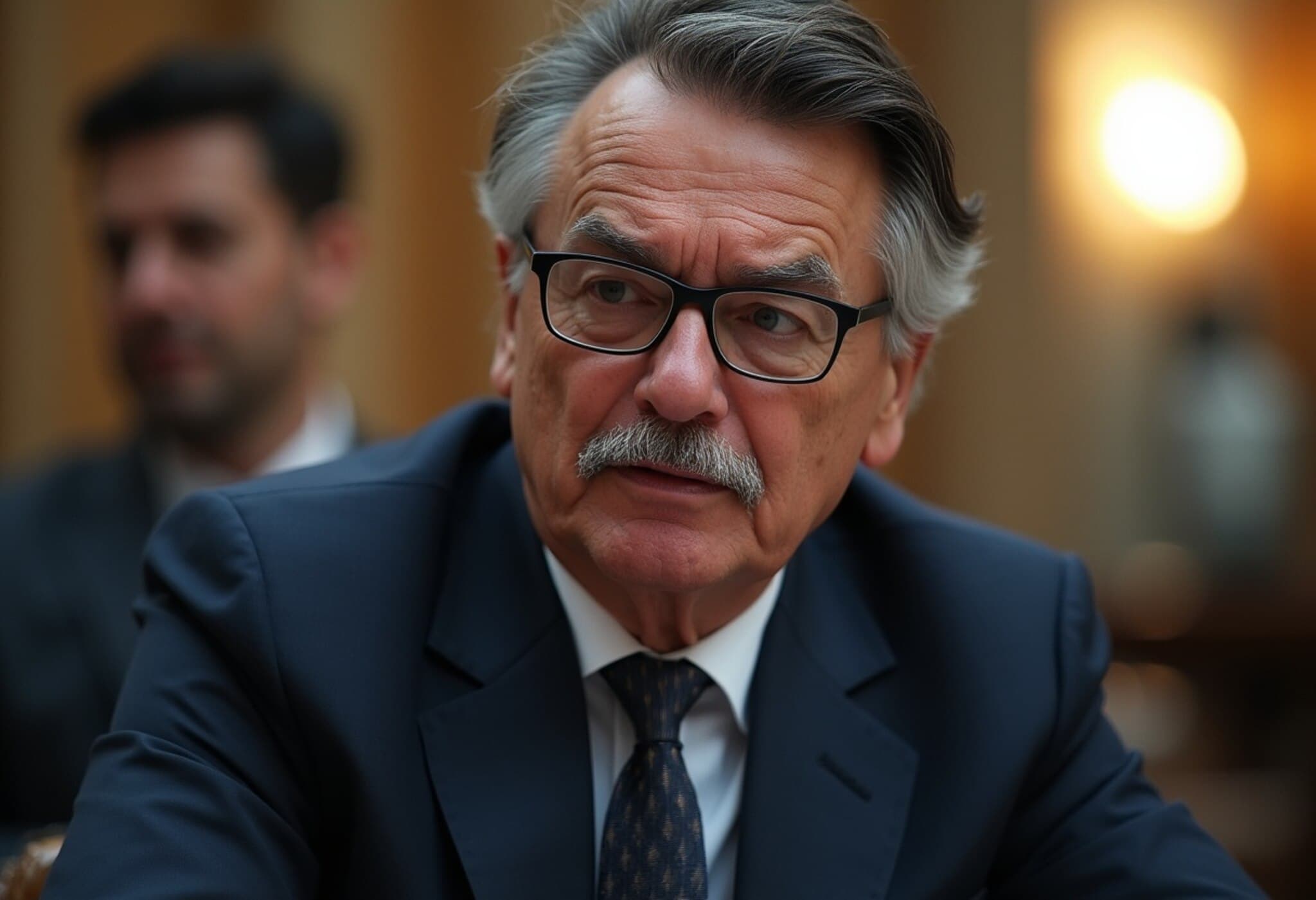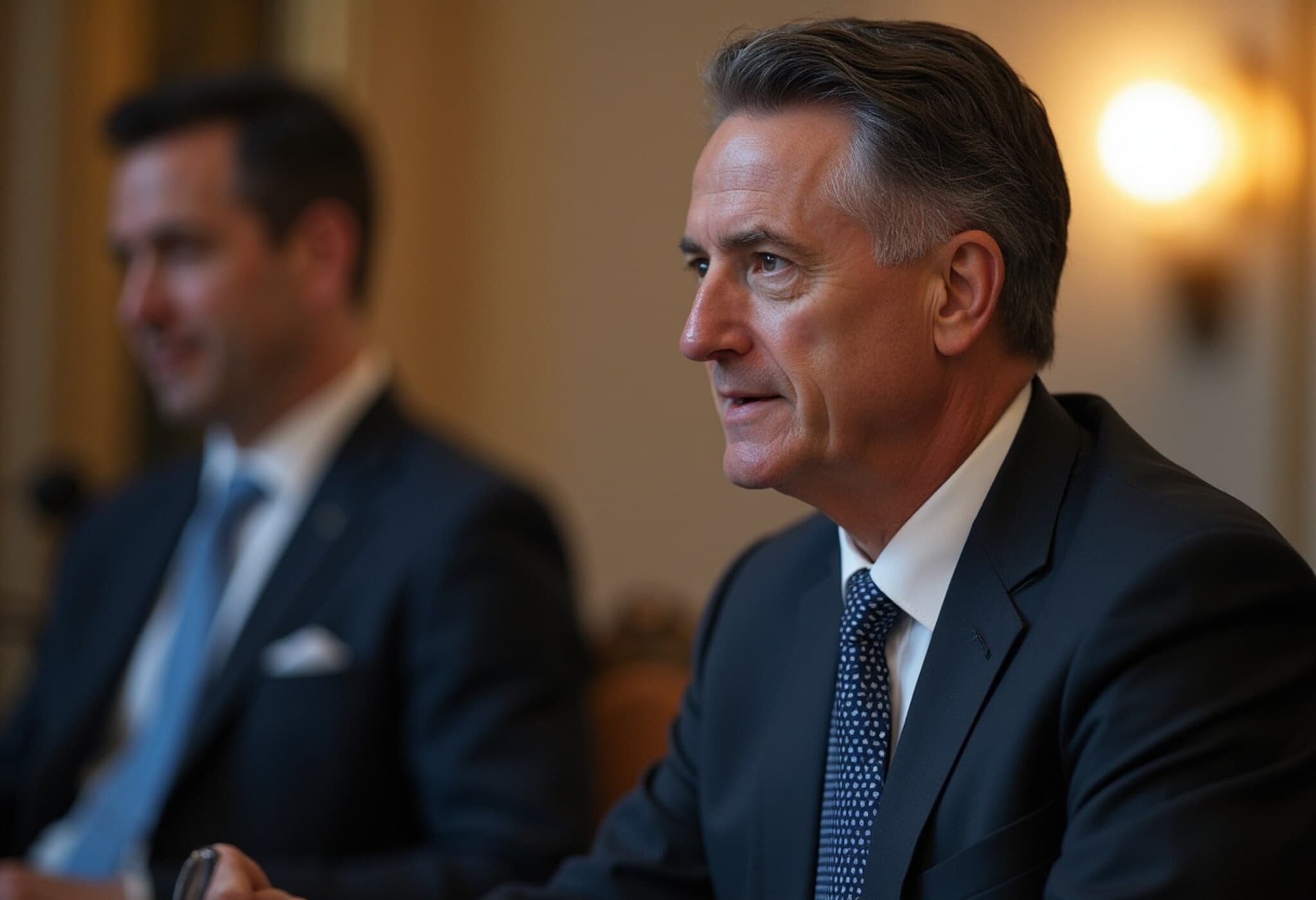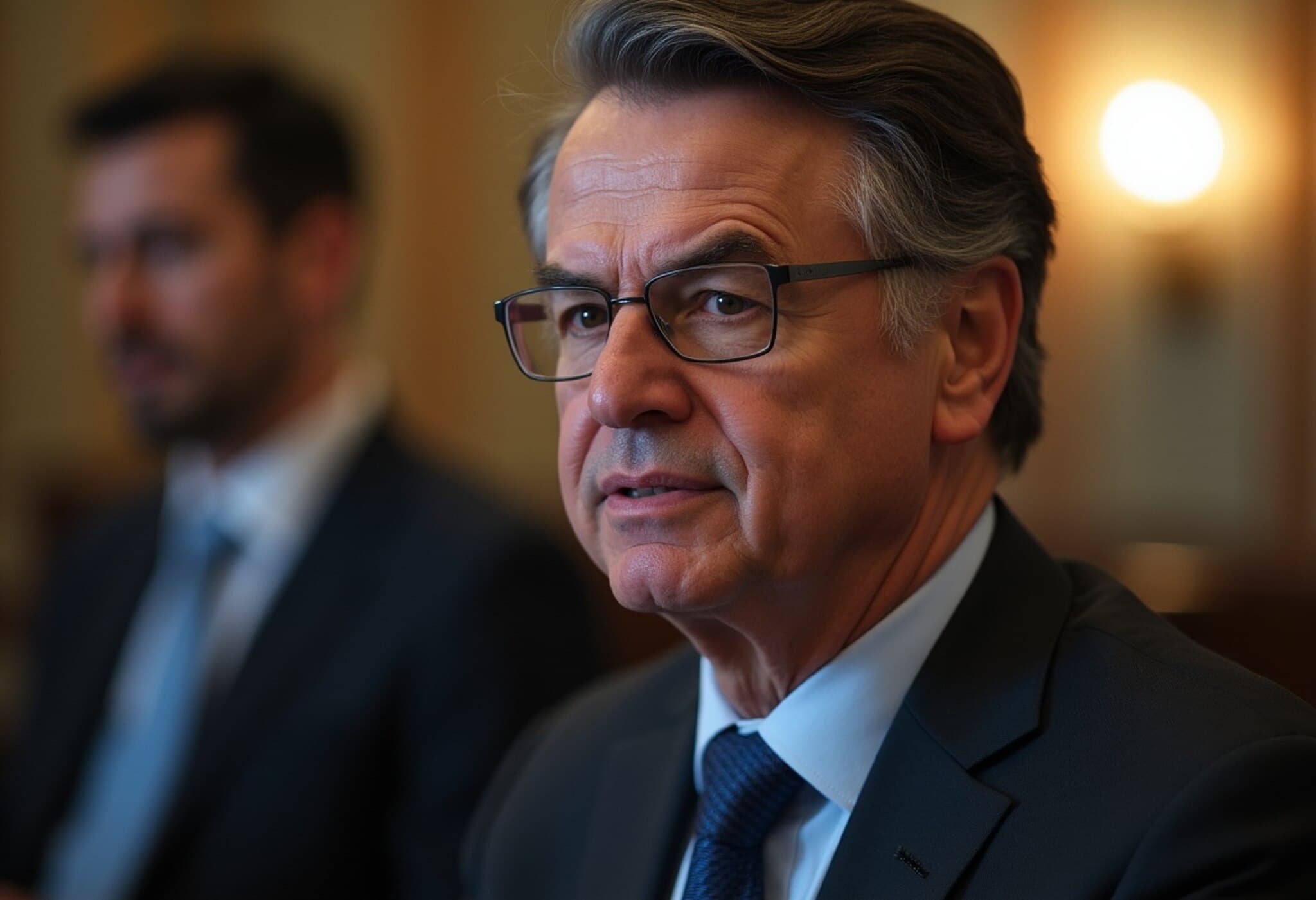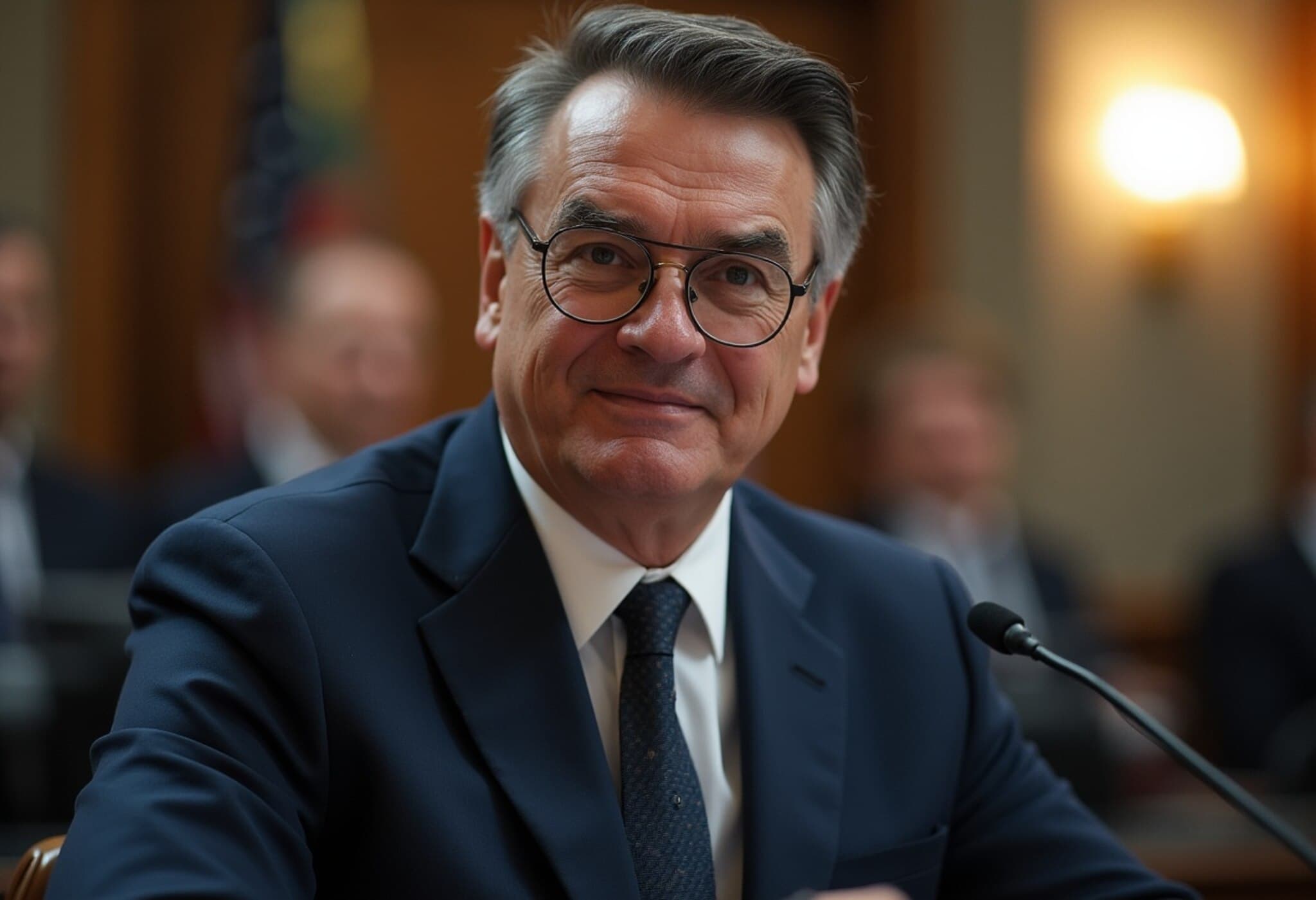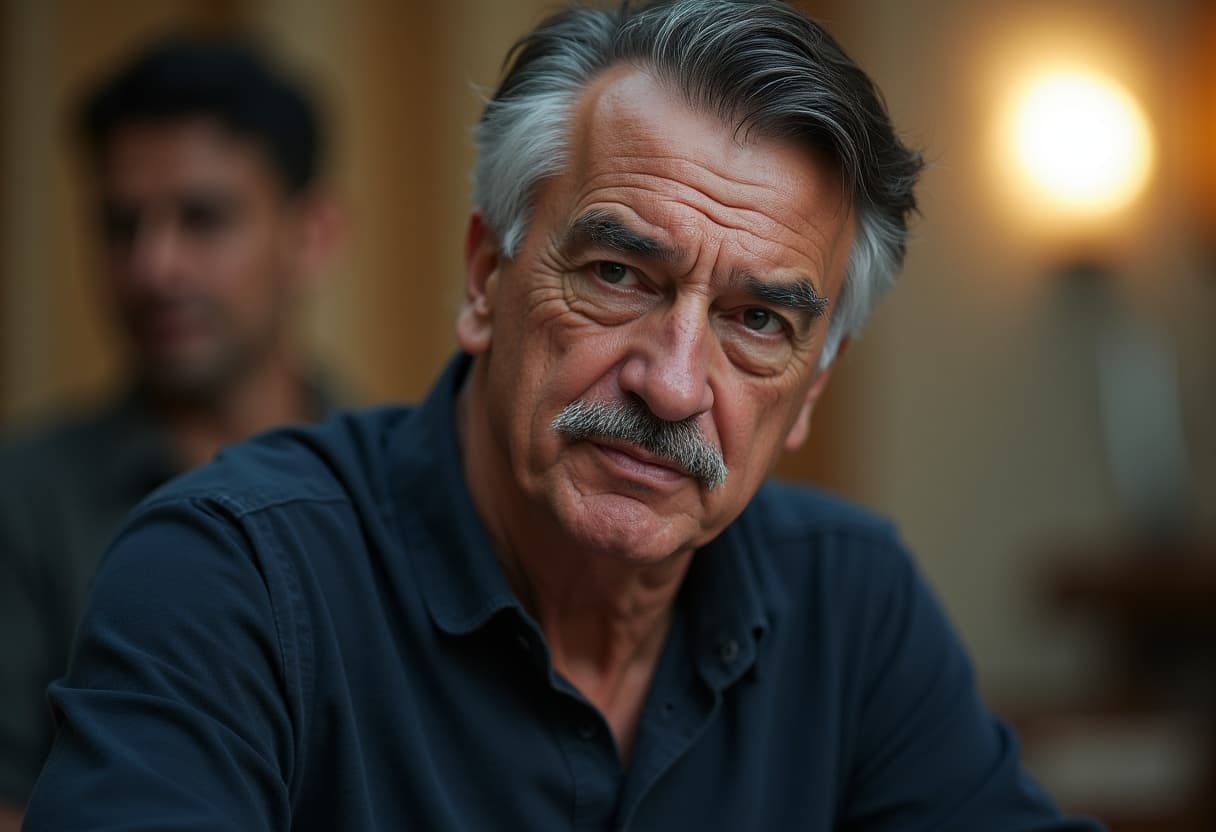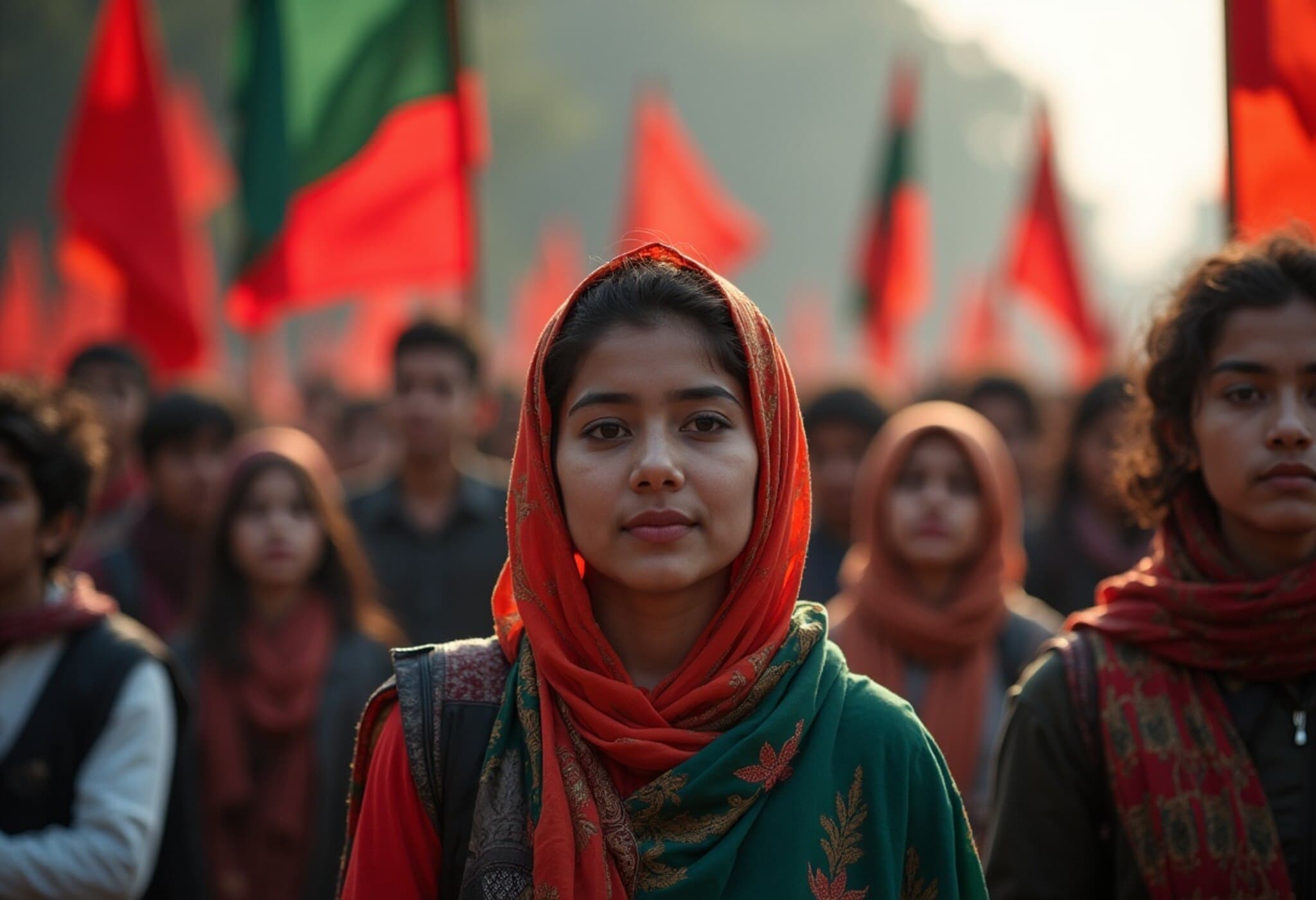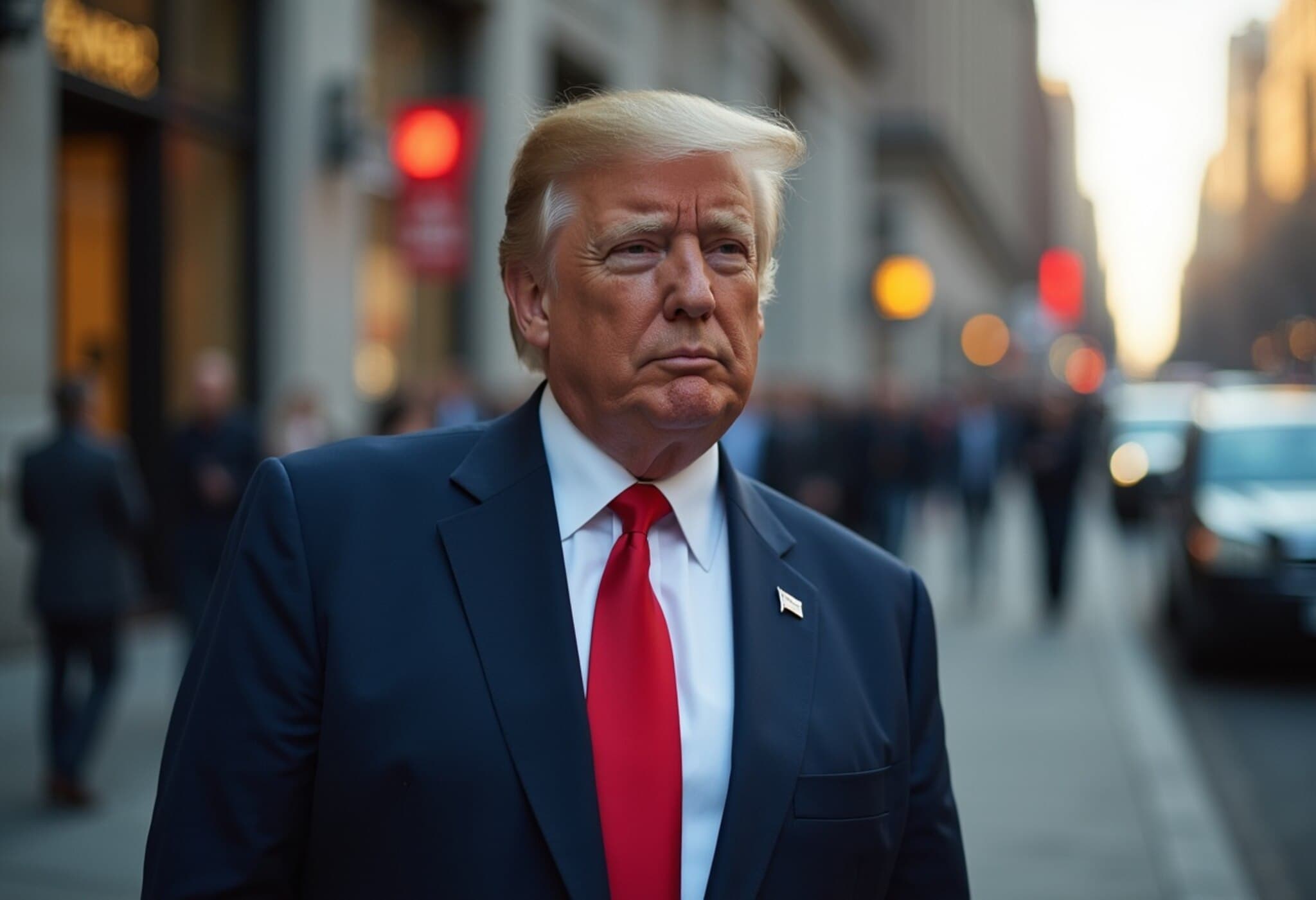Brazil’s Former President Jair Bolsonaro Under House Arrest Ahead of Trial
In a dramatic escalation of Brazil’s ongoing political crisis, former President Jair Bolsonaro was placed under house arrest on Monday by order of Supreme Court Justice Alexandre de Moraes. This unprecedented move comes as Bolsonaro faces charges of orchestrating a coup attempt following his 2022 electoral defeat to President Luiz Inácio Lula da Silva.
The arrest order marks a clear assertion of judicial authority in Brazil’s Supreme Court, highlighting the country's efforts to confront challenges to its democratic order. However, it simultaneously fuels tensions with the United States amid a rapidly souring diplomatic relationship.
Background: The Alleged Coup Plot and Bolsonaro's Legal Challenges
Bolsonaro is accused of conspiring with allies to violently overturn the 2022 election results in favor of the leftist Lula administration. His trial, currently underway, stems from investigations into his role in inciting unrest, which culminated in January 2023 riots at Brazil's capital, reminiscent of the U.S. Capitol insurrection on January 6, 2021.
Justice Alexandre de Moraes, who spearheads the case, had imposed restraining orders preventing Bolsonaro from activities such as phone communications and public appearances. The recent house arrest ensues from Bolsonaro allegedly violating these court restrictions, particularly by seeking to involve former U.S. President Donald Trump in his legal defense.
US-Brazil Diplomatic Rift Deepens
Justice Moraes himself has been sanctioned by the U.S. Treasury Department, accused of undermining democratic freedoms. In response, Moraes authorized Bolsonaro's house arrest — an action the U.S. State Department denounced as an attempt to silence political opposition and jeopardize Brazil’s democracy.
Adding to the strain, Trump publicly called Bolsonaro's trial a "witch hunt" and urged Washington to impose a 50% tariff on Brazilian imports starting Wednesday, threatening further economic pressure. Bolsonaro’s legal team promises to appeal the house arrest, claiming no court rules were broken.
Bolsonaro’s Support Base and Political Implications
Despite legal setbacks, Bolsonaro’s far-right supporters maintain a strong political presence. Massive demonstrations energized by Trump’s rhetoric recently drew the largest crowds in months, signaling a politically charged atmosphere heading into the trial.
Bolsonaro’s virtual appearance at a protest in Rio de Janeiro, coordinated via a phone call to his son Senator Flávio Bolsonaro, challenges the court’s restrictions. Moraes warned against such defiance, stating in his order that "Justice is blind, but not foolish."
Meanwhile, Bolsonaro’s sons play influential roles. Eduardo Bolsonaro recently relocated to the U.S., aiming to rally support in Washington and reportedly influenced Trump's punitive tariffs on Brazil. This international dimension underscores the intertwining of Brazil’s internal politics with broader geopolitical dynamics.
Legal Context and Historical Comparisons
The swift legal action against Bolsonaro contrasts sharply with the U.S., where multiple criminal probes against Trump have faced delays and legal complexities. Brazil’s judiciary, viewed as active and decisive, has taken steps to bar Bolsonaro from holding public office until 2030.
Observers draw parallels between Bolsonaro’s attempted election overturn and Trump’s efforts post-2020 elections, highlighting a global pattern of democratic institutions being tested by populist leaders and their supporters.
Expert Perspectives and Future Outlook
- Graziella Testa, political science professor at the Federal University of Paraná, suggests the arrest may intentionally provoke further international escalation, especially in light of U.S. Magnitsky sanctions against Moraes.
- Leonardo Barreto, partner at Think Policy consultancy, warns that the arrest could serve as a catalyst for heightened tensions, potentially impacting Brazil’s trade relations and internal stability.
Amid calls for de-escalation, Bolsonaro’s camp accuses Moraes of vendetta, framing judicial measures as politically motivated reprisals reacting to U.S. sanctions on the judge.
Conclusion: A Nation at a Crossroads
Brazil stands at a critical juncture, balancing between reinforcing the rule of law and managing deep political polarization. Bolsonaro’s house arrest not only signals a strong judiciary stance but also risks intensifying national divisions and complicating diplomatic ties.
As the trial progresses, key questions remain: Can Brazil’s institutions uphold democracy without further polarizing society? How will escalating U.S. tariffs affect Brazil’s economy amid this political turmoil? And what does Bolsonaro’s legal fate mean for the future of Brazil’s right-wing movement?
Editor’s Note
This development underscores the fragile interplay between judicial independence and political power in emerging democracies. Bolsonaro’s case serves as a lens for examining broader challenges confronting democratic institutions when faced with populist figures. Meanwhile, the diplomatic backlash from the United States adds complexity, highlighting how domestic legal proceedings can ripple across international relations.
Readers are encouraged to watch Brazil’s evolving political landscape closely, as outcomes here may offer sobering insights into the resilience of democratic processes—and the delicate balance between justice, governance, and international diplomacy.

